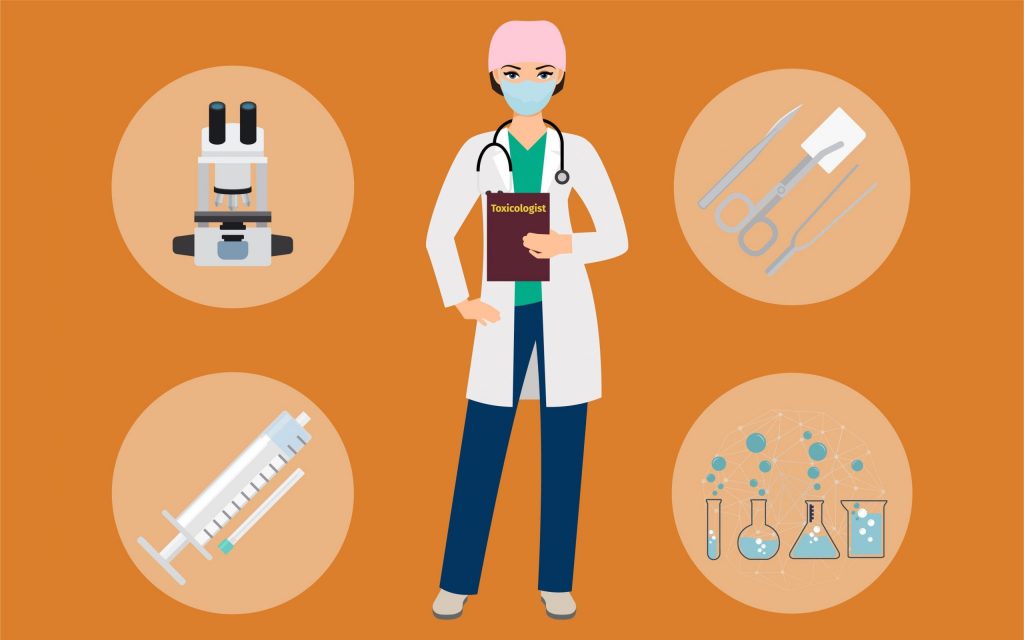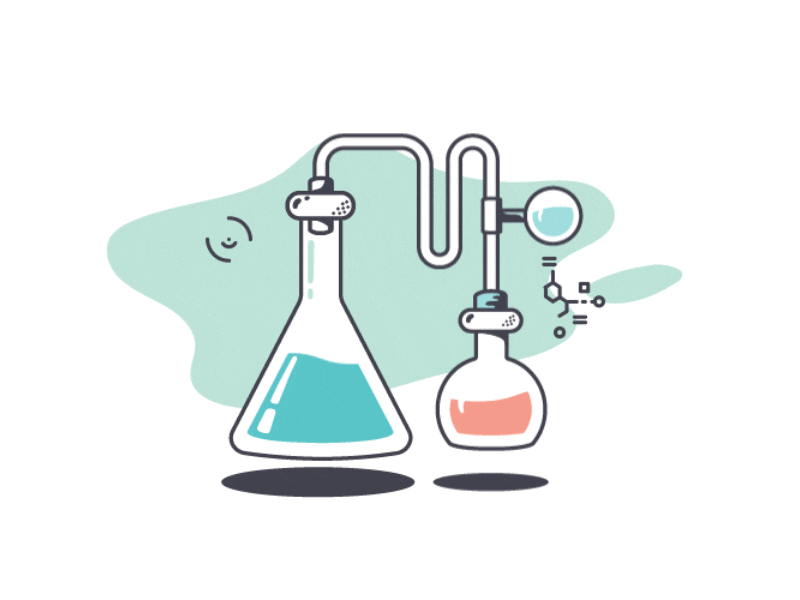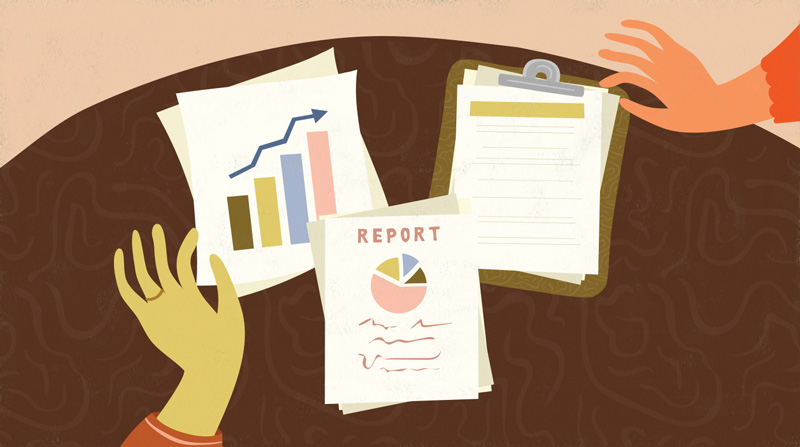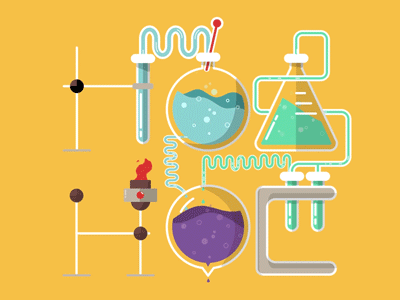Everyday, we are being exposed to a variety of chemicals, materials, radiation natural and synthetic substances. However, while the impacts of interactions with some of these materials are quantified, others are not clearly defined yet. The job of a toxicologist is to understand and clearly define the toxic properties of a substances in both qualitative and quantitative levels. In simple words, toxicologists study substances to understand how safe they are, and how they affect both human health and/ or the environment. Read this article to know about the types of toxicologists, what they do, and how you could become one yourself.
What are the types of toxicologists?
Depending on the type of specialization they take, or what field they work for, toxicologists can be referred to that, according to their domain expertise. Here’s a list of the types of toxicologists with a small description of what they do.
I Want To Become Good Better Best In Life
Clinical toxicologist: deal with the toxic effect of referred drugs, mainly focused upon how much amount of a drug (dose) is safe to be ingested, and past which might produce toxicity in the body. they also are involved in diagnosing patients who might have overdosed a drug or any other substance. A large number of clinical toxicologists work in hospitals and have strong links with clinical pharmacology departments at the institution.
Environment Toxicologist: are involved in studying the harmful effects of various agents upon all kinds of living organisms. They attempt to understand the impact of human and natural chemicals on health and the ecology through various studies.
Forensic Toxicologist: use techniques from pharmacology, analytical and clinical chemistry for investigating cases related to poisoning, drug use, and death using body fluids or tissue samples. They are involved in classifying any chemicals found in the body that might have caused the death or crime.

Industrial toxicologist: study about the adverse consequences of workplace chemicals, company-made goods and waste produced in production.
Analytical toxicologist: they detect, identify, and quantify the amount of xenobiotics (foreign substances) in biological and related specimens like blood, tissues and other body fluids. Analytical toxicologists are also involved in diagnosing, managing, prognosing, and preventing poisoning.

Veterinary Toxicologist: deal with studying, diagnosing, and treating effects of toxicity in the animal kingdom caused due to chemicals (natural or synthetic), radiation and other substances.
Applied toxicologist: work to determine physiological effects and safety of a product ingested.
Right Skill = Bright Future
What are the job responsibilities of a toxicologist? What exactly do they do?
Depending upon the field of employment, specific duties you perform might differ, however most toxicologists are required to the following tasks on a daily basis –
- Isolating, identifying and measuring radiation compounds and any damaging effects on humans, animals, plants or environments

- Planning and conducting a number of well controlled chemical experiments to assess if and how a substance can be safe to use
- Aid in laying down restrictions on drug usage to safeguard public and environmental health
- Advising and suggesting guidelines upon safe handling, in manufacturing or in the case of accidents, of hazardous chemicals and radiation
- Diagnosis of toxicity, including hazardous chemical substances, biological agents and overdose drugs in the laboratory analysis, and advice on treatments for people afflicted

- Writing reports and scientific articles, explaining conclusions and providing evidence at court in case of forensics
- Contacting regulatory authorities to ensure that local, national and international rules and directives are being observed
- Statistical data and scientific literature analysis and evaluation upon target compounds

What are the qualifications required to become a toxicologist?
In +12 level, it is required to take a science stream with Biology and Chemistry subjects. At under-graduation level, one could choose to do a Bachelor of Science degree in either Biochemistry or specialize in Toxicology. After a bachelors’ degree, you could choose to apply for a job as a toxicologist, or continue to specialize by doing a Master’s degree in a either toxicology itself, or even in biochemistry, because toxicologists are generally classified under biochemists.

With a growing consciousness in consumers upon health, safety and environment, there has been a rise in demand for toxicologists. Their services are not just limited to one particular field, but extend in almost every other life science subjects.






